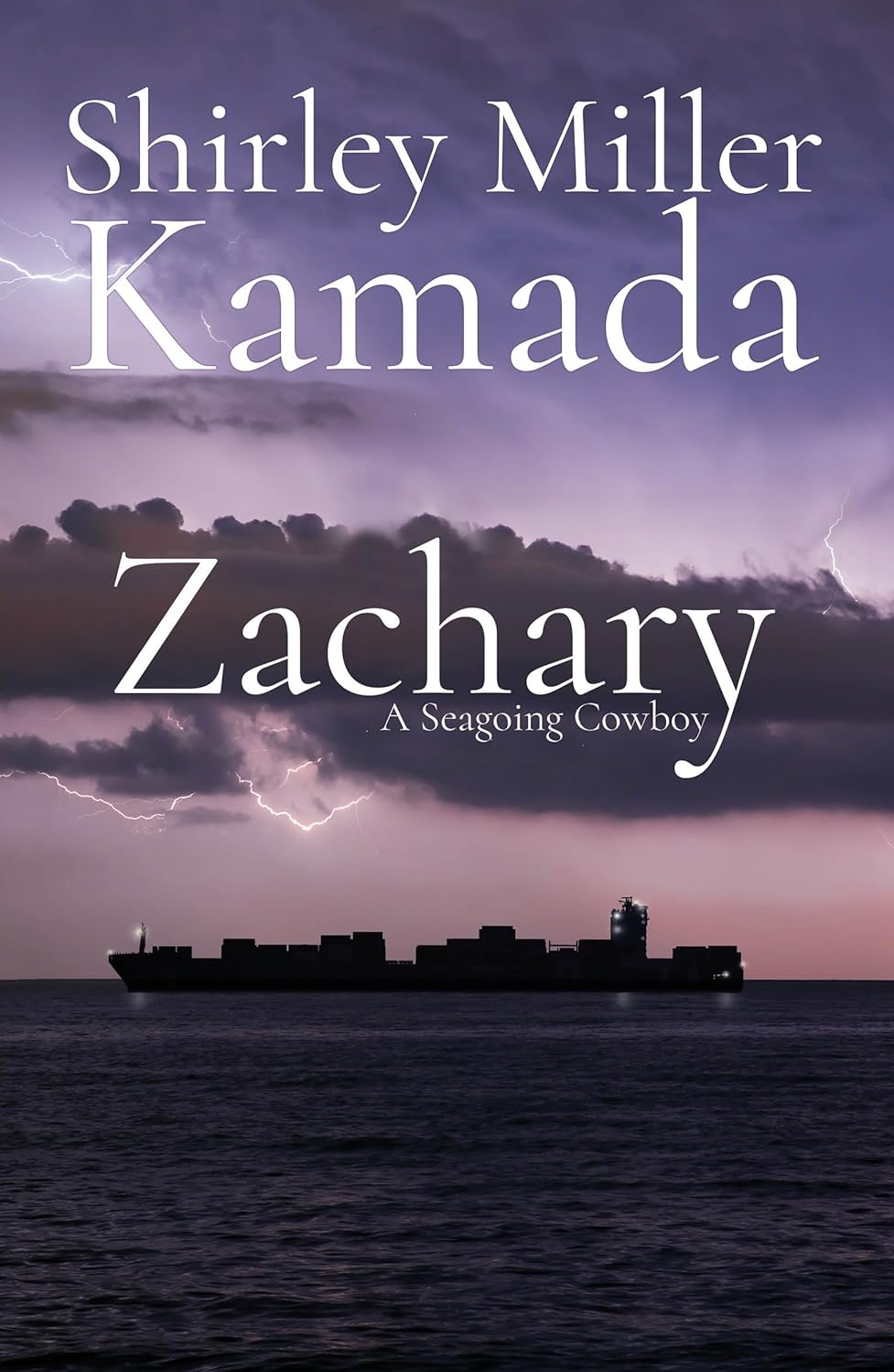“With rich, abundant details of what daily life was like inside a U.S. internment camp during World War II, No Quiet Water is a poignant, touching story of an adolescent boy and his loyal dog that travels hundreds of miles to be with him.”
—Alden Hayashi, author of Two Nails, One Love
“A lovingly-told story about a boy and his dog, set within the context of the forced removal and incarceration of Japanese Americans on the West Coast during World War II. Shirley Miller Kamada’s book serves as an introduction for a wide range of readers to this dark chapter of American history. While a work of fiction, it is grounded in the author’s archival research to describe the places many once tried to forget.”
—Barbara Johns, PhD, author of
Kenjori Nomura, American Modernist: An Issei Artist’s Journey
“A heart-tugging sequel to Kamada’s No Quiet Water, this novel offers a moving, richly detailed glimpse of post–World War II humanitarian service through the eyes of a compassionate young Quaker teenager venturing abroad from his isolated home in the Puget Sound. As Zachary tends livestock aboard a relief ship bound for Japan, readers journey with him toward a world still reeling from nuclear bombs, firebombing raids, and devastating loss—where kindness must rise above old wounds. Kamada weaves history and heart, exploring the lingering effects of war, American prejudice, and the redemptive power of friendship and service.”
~Cam Torrens, bestselling author of
the TYLER ZAHN mystery series





